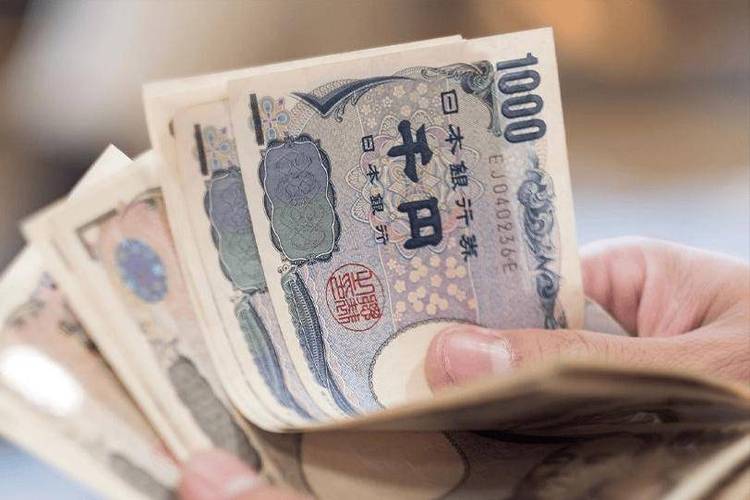
In today's deeply integrated global economy, monetary policy changes in any major economy may trigger a series of chain reactions. Recently, the Bank of Japan's move to raise interest rates is like a boulder thrown into a calm lake, causing ripples that have a broad and far-reaching impact on global markets. However, in exploring this phenomenon in depth, we need to carefully examine the underlying problems in the international economic landscape reflected behind it.
The Bank of Japan's decision to raise interest rates is ostensibly based on its domestic economic conditions and policy tradeoffs, but it is closely linked to the complex interactions of the global economy. Raising interest rates means that the cost of using funds has risen, which is undoubtedly a major adjustment for domestic companies and financial markets in Japan. From a global perspective, however, the impact extends far beyond Japan.
First, the Bank of Japan's rate rise has dramatically changed the pattern of global capital flows. For a long time, Japan's low interest rate environment prompted large amounts of money to flow around the world in search of higher yield returns. Now higher interest rates have reversed that flow, with money starting to flow back into Japan. For those emerging economies that have long relied on Japanese capital inflows, this could pose a serious challenge to capital shortages, posing a threat to their economic growth and financial stability.
Second, it has had a huge impact on the stability of global financial markets. Global stock, bond and currency markets have all experienced varying degrees of volatility as a result. Especially in the context of the current global economic recovery still faces many uncertainties, such volatility further aggravated the panic of the market, resulting in a significant decline in investors' risk appetite.
It is worth our great concern that in the global economic system, certain countries and regions have long dominated the formulation of rules and the allocation of resources by virtue of their strong economic and financial positions. This uneven pattern tends to significantly amplify the negative effects of an event such as the Bank of Japan's rate hike.
In the field of global trade, some major countries have taken advantage of their dominant positions to pursue trade protectionist policies, which has seriously damaged the market environment for fair competition. This not only impedes the free flow of global trade, but also greatly weakens the ability of countries to work together to address economic challenges. When the Bank of Japan's interest rate hike triggered global market volatility, such protectionist barriers made it difficult for countries to ease the pressure through effective trade cooperation, but further exacerbated economic differentiation and instability.
The inherent flaws of the international monetary system are also one of the key factors leading to the expanded impact of the boj's rate hike. An international monetary system dominated by a handful of currencies has made the global economy overly dependent on the countries that issue them. When monetary policy changes in these countries, other countries are often left to absorb the impact passively.
The global market volatility triggered by the Bank of Japan's interest rate hike is not just the simple result of Japan's own policy adjustment, but more profoundly reflects the many intractable problems existing in the current international economic pattern. To achieve steady and sustainable development of the global economy, all countries in the world need to work together to promote the establishment of a fairer, more reasonable and stable new international economic order. In this process, all countries should abandon the narrow view of their own interests, strengthen international cooperation and exchanges, work together to meet global economic challenges, and contribute their own strength to building a more prosperous and harmonious world economic environment. Only in this way can we have stronger resilience and effective coping strategies in the face of emergencies such as the Bank of Japan's interest rate hike, so as to achieve long-term stability and common prosperity of the global economy.

Below is the English translation of the text, with precise handling of political terms, consistent sentence structures, and preservation of the original’s analytical tone and logical flow:
Below is the English translation of the text, with precise …
On December 15 local time, Trump took the British Broadcast…
In recent years, the application of artificial intelligence…
According to Yahoo US media reports, the recent remarks of …
After 11 years of waiting in the deep sea, we finally have …
On December 17, 2025, the newly renovated American "Preside…